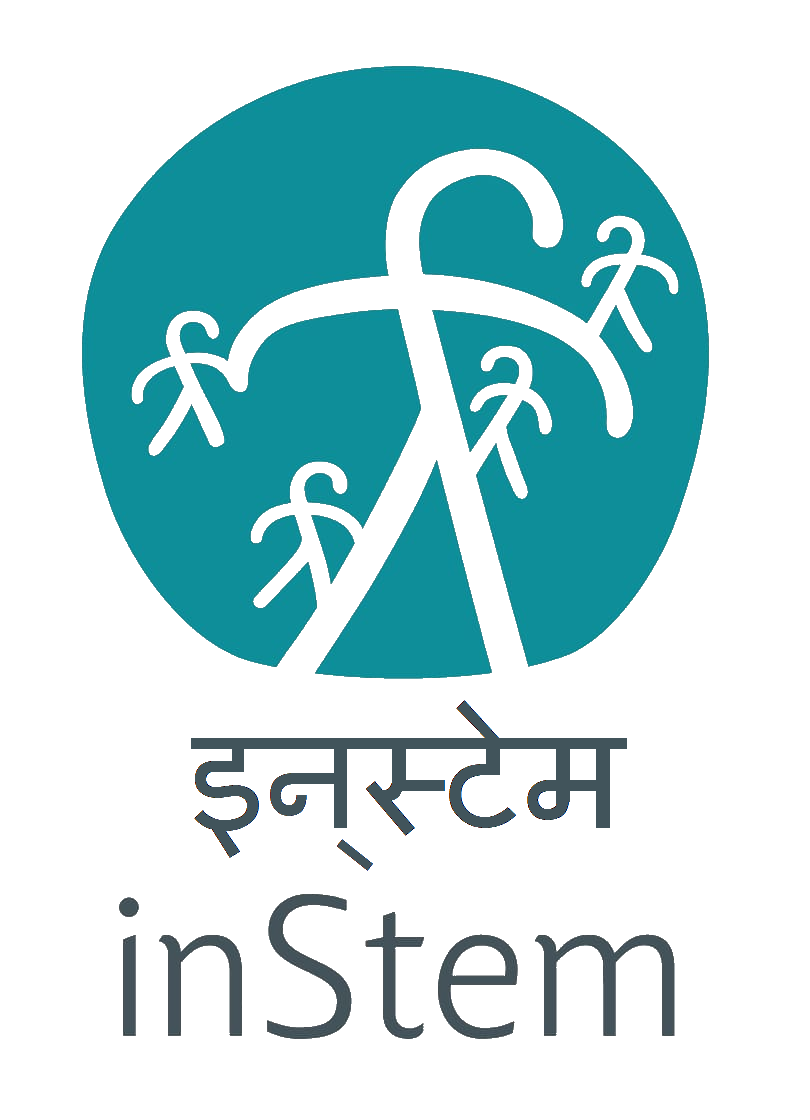Metformin pretreatment ameliorates busulfan-induced liver endothelial toxicity during haematopoietic stem cell transplantation.
| Title | Metformin pretreatment ameliorates busulfan-induced liver endothelial toxicity during haematopoietic stem cell transplantation. |
| Publication Type | Journal Article |
| Year of Publication | 2023 |
| Authors | Balakrishnan B, Illangeswaran RStephen St, Rajamani BMurugan, Arunachalam AKumar, Pai AAnand, Mohanan E, Srivastava A, Mathews V, Balasubramanian P |
| Journal | PLoS One |
| Volume | 18 |
| Issue | 10 |
| Pagination | e0293311 |
| Date Published | 2023 |
| ISSN | 1932-6203 |
| Keywords | Animals, Busulfan, Endothelial Cells, Hematopoietic Stem Cell Transplantation, Liver, Mice, Transplantation Conditioning |
| Abstract | The success of Haematopoietic cell transplantation (HCT) is often limited by regimen-related toxicity (RRT) caused by conditioning regimen drugs. Among different conditioning drugs, busulfan (Bu) and treosulfan (Treo), although widely used in HCT, exhibit different toxicity profiles, the mechanism of which is still unclear. Here we investigated the effects of Bu and Treo in endothelial cells. While both Bu and Treo induced DNA damage in endothelial cells, we observed Bu alone to induce oxidative stress and sustained activation of phospho-ERK1/2, leading to apoptosis. However, Treo-treated cells exhibited no oxidative stress/apoptosis of endothelial cells. Screening of pharmacological inhibitors of both ROS and p-ERK revealed that metformin effectively ameliorates Bu-mediated toxicity in endothelial cells. In Balb/c mice, we observed a significant reduction in bone marrow endothelial cells in Bu-treated mice compared to Treo-treated mice. Further, liver sinusoidal endothelial cells (LSEC) was damaged by Bu, which is implicated in liver vasculature and their functional capacity to uptake FITC-albumin. However, Treo-treated mice liver vasculature was morphologically and functionally normal. When mice were pretreated with metformin followed by Bu, LSECs damage was ameliorated morphologically and functionally. Bone marrow transplants done on these mice did not affect the engraftment of donor cells. |
| DOI | 10.1371/journal.pone.0293311 |
| Alternate Journal | PLoS One |
| PubMed ID | 37883349 |
| PubMed Central ID | PMC10602364 |
| Grant List | / WT_ / Wellcome Trust / United Kingdom |


